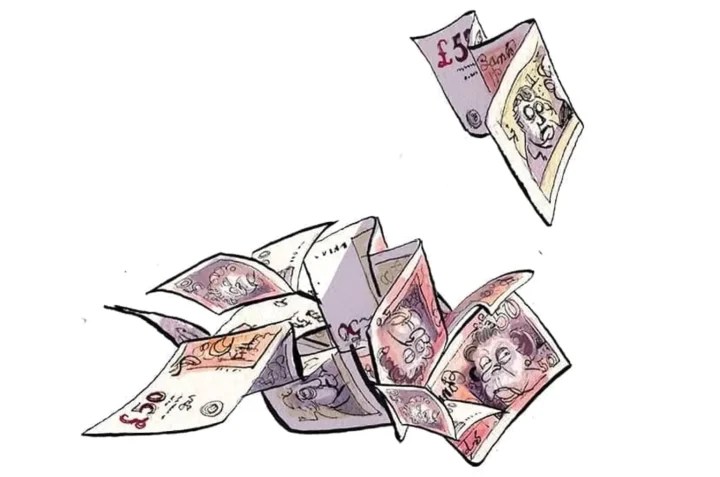Every month, the Bank of England publishes new data on the flows of money and credit around the UK economy. Most commentators focus on the ‘credit’ part – particularly the amount of mortgage and credit card borrowing. In contrast, the ‘money’ part rarely gets a mention.
This is understandable. After all, good luck explaining what ‘M4ex’ is down the Dog and Duck. (If you must know, it is essentially the notes, coins, sterling deposits, and short-dated bonds held by UK households and non-financial companies). But the failure to discuss ‘money’ is worrying. Even the Bank of England acknowledges that money growth is an ‘important indicator of developments in the economy’.
If anything, inflation is fuelling wage rises, rather than the other way around
I would go further. Changes in the supply of money are key to understanding what has happened to inflation – and where it might be heading.
Here the recent news is mostly good – on inflation at least.

Get Britain's best politics newsletters
Register to get The Spectator's insight and opinion straight to your inbox. You can then read two free articles each week.
Already a subscriber? Log in







Comments
Join the debate for just $5 for 3 months
Be part of the conversation with other Spectator readers by getting your first three months for $5.
UNLOCK ACCESS Just $5 for 3 monthsAlready a subscriber? Log in